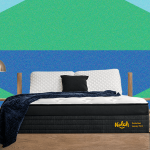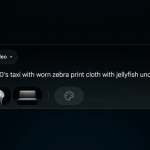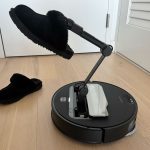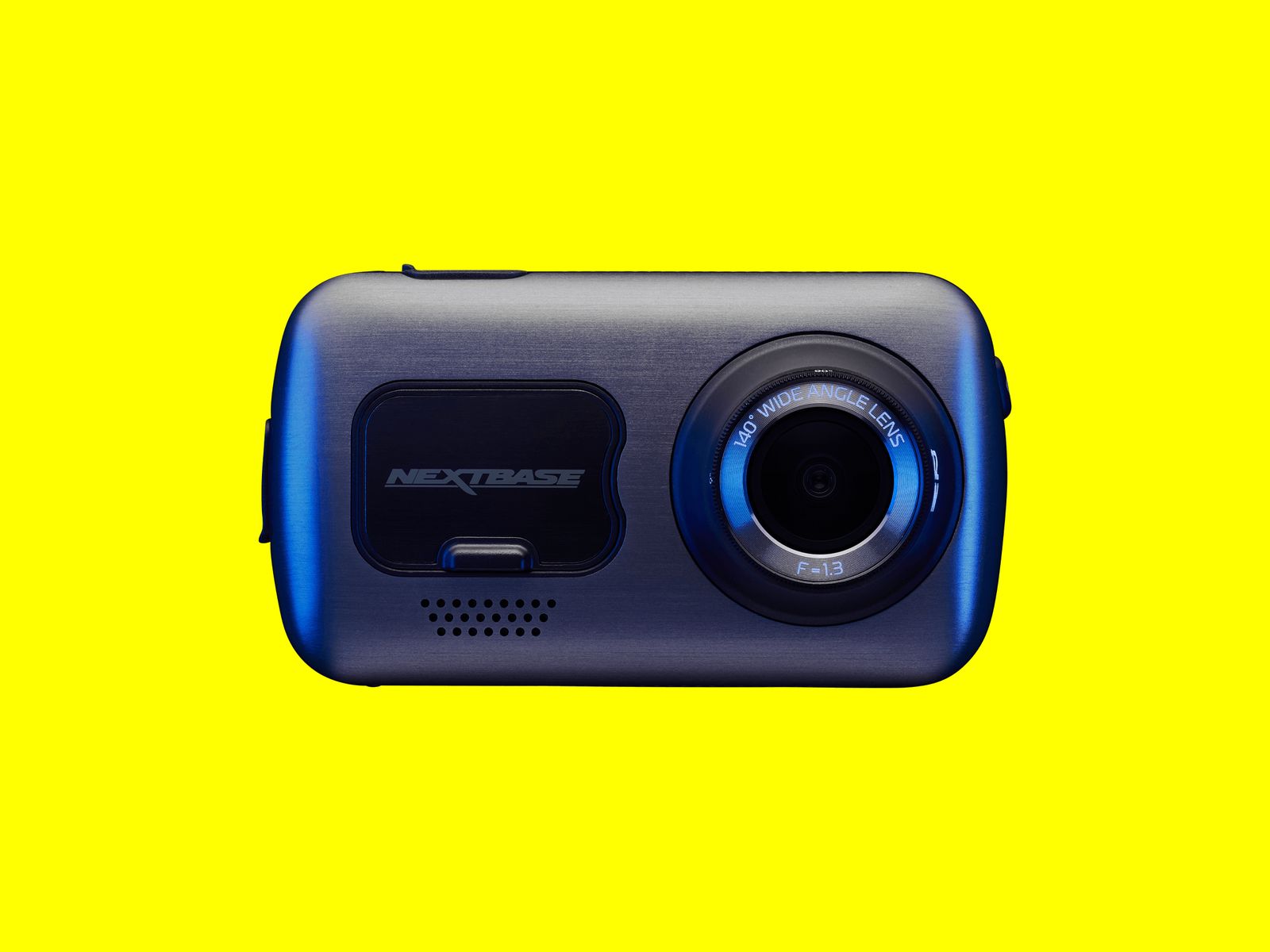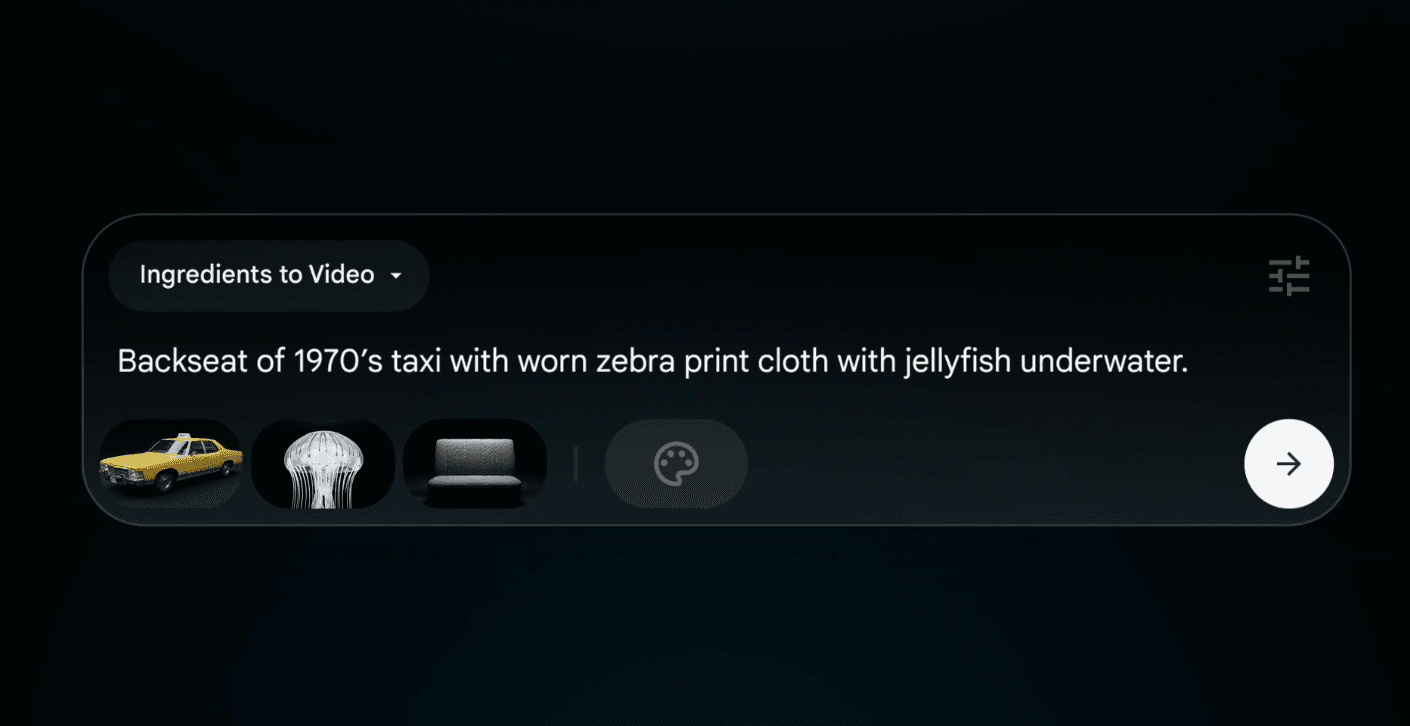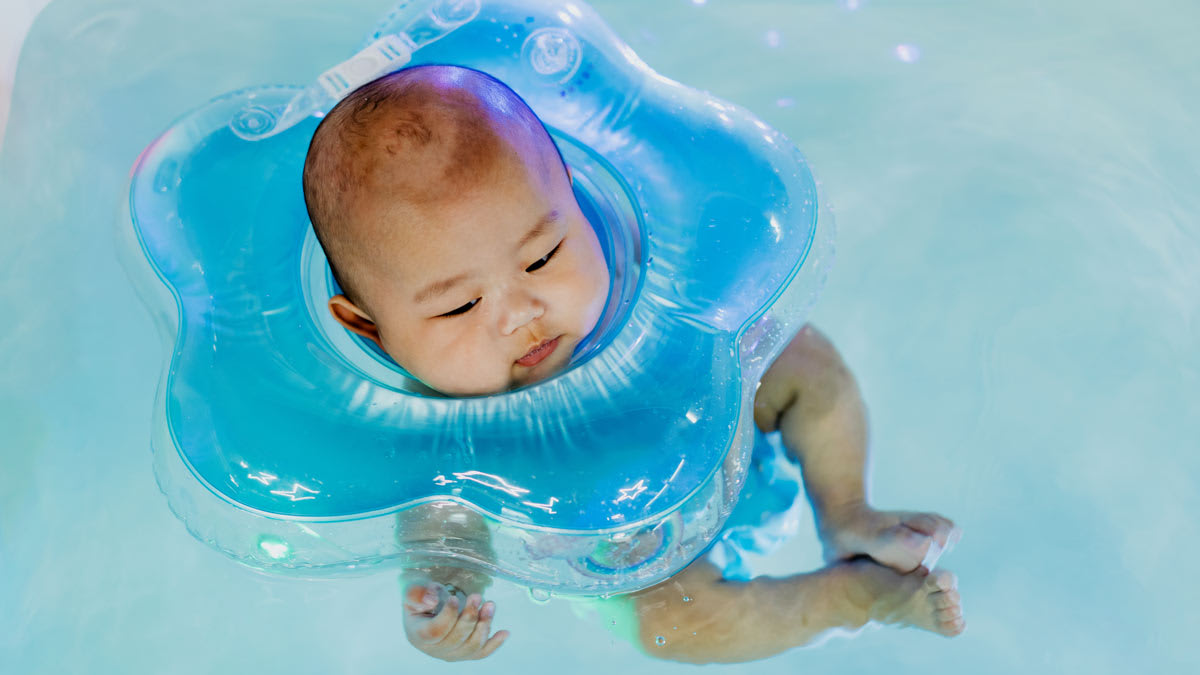
Infant neck floats are marketed to parents for use with babies as young as newborns as a way to lift their head out of the water while they float and play in a bathtub or pool. Some are hollow and inflatable, like the popular Otteroo brand, and others are made of firm foam. As many as 1 million neck floats have been sold over the years, according to a CPSC staffer. And all of these products are “concerning,” said several of the agency’s commissioners.
The neck floats are meant to be used under constant parental supervision. Otteroo, for instance, has customers check a box on its website before buying one that says, “I will be within arm’s reach of my baby in Otteroo at all times.” But parents have reported scary close calls that have occurred even when they were closely supervising their babies in a bathtub or pool.
Babies had their mouth, nose, or whole head slip through the openings and into the water when the floats weren’t quite inflated enough, when the floats developed leaks, when they became slippery with soap, or for unknown reasons. The CPSC said the babies were just 17 days old to 12 months. In most of the incidents, parents were able to quickly rescue them from under the water, with no lasting injuries reported. But two babies were admitted to a hospital. Two more babies (both of whom had been left in a bathtub unattended) drowned.
Neck floats have been on the radar of regulators and safety advocates for some time. In June 2022 the Food and Drug Administration, which regulates medical devices, warned against using infant neck floats for infant water therapy. The FDA said the floats could lead to neck strain or injury, especially in babies with special needs. In November of the same year, the CPSC warned parents not to use Otteroo floats, citing an infant death.
In 2023 Consumer Reports safety experts called for the Otteroo to be removed from the market, but the company’s founder maintained they were safe, and they remain for sale today on its website. Amazon told CR that inflatable neck floats for children were prohibited from being sold on its platform, but as of Monday, several non-Otteroo brands were available for purchase there. Amazon said it is now in the process of removing those listings.
CPSC’s proposal would set various design and testing requirements and require strong, clear warning labels. The commissioners will decide in the coming weeks whether to formally issue a proposed rule, request comments from the public, and move toward a final rule, likely sometime in 2025.
Douglas Dziak, another commissioner, shares Feldman’s concerns about the obvious risks that neck floats pose. Dziak, who has been a lifeguard and swim instructor, said he had “significant concern about a product that would provide caregivers a false sense of safety in and around water.” He pointed out that drowning is a leading cause of death for children ages 1 to 4.
CR safety experts continue to tell parents not to use infant neck floats at all.
“Infant neck floats put babies at a severe risk of drowning and are not safe to use. Simply put, these products shouldn’t exist,” says Oriene Shin, CR’s policy counsel for product safety. “If the CPSC can get new rules in place that effectively reduce the risk to American families, that’s a good thing. But the safest and most straightforward approach would be for Congress to pass a law banning infant neck floats entirely.”

